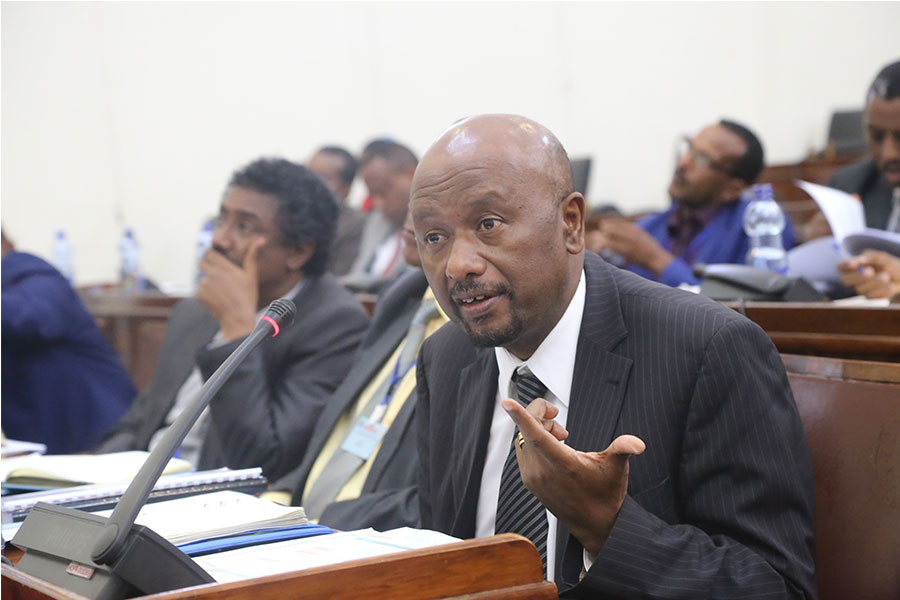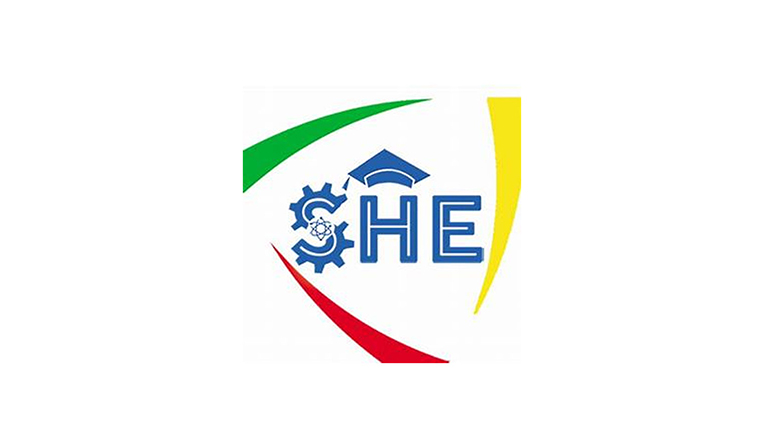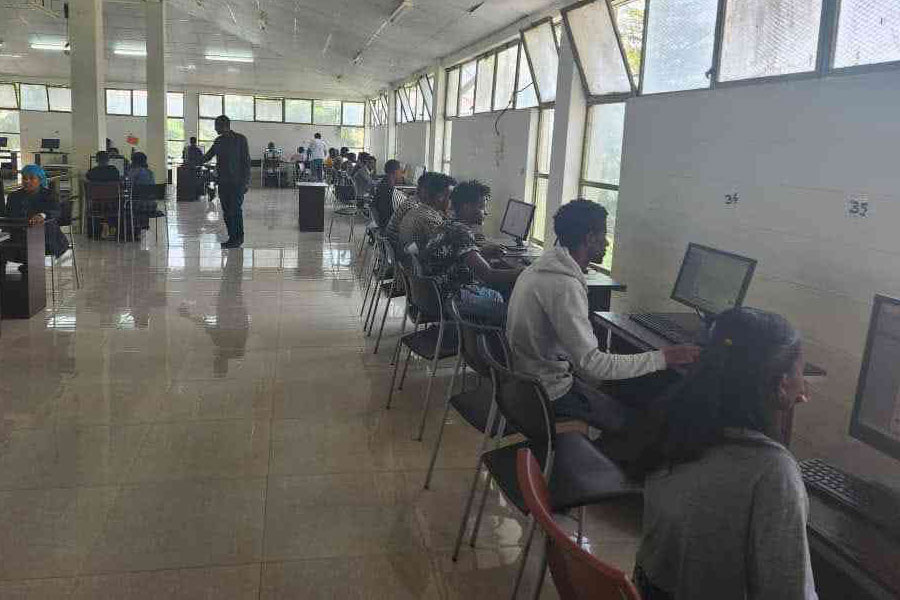
Radar | May 21,2022
The federal government is to begin licensing small-scale fuel retailers in rural areas where gas stations are few and far between. A directive is in the making that will allow individuals and businesses outside of towns to distribute fuel, hoping to address the rampant shortages and high prices observed in rural and remote areas across the country.
There are 38 oil companies and close to 930 fuel stations operating in Ethiopia, serving a population of over 110 million and 1.3 million registered vehicles. Most of these fuel stations are located in urban areas, despite the vast majority living in rural areas. In most of these areas, fuel distribution is carried out by unlicensed and unregulated individuals and businesses, according to Kumneger Ewunetu, director of communications at the Petroleum & Energy Authority (PEA), which drafted the directive.
Following the restructuring of federal agencies last October, the Authority was renamed from the Petroleum & Petroleum Products Supply & Distribution Regulatory Authority and placed under the Ministry of Trade & Regional Integration's supervision.
Desalegn Abebaw, board member of the Ethiopian Petroleum Dealers Association and owner of a gas station located in Sebeta town of Oromia Special Zone, has closely monitored this trend. He observes that those investing in the petroleum industry mainly favour cities and towns, foregoing places like Tolay Wereda in the Jimma Zone, where Desalegn is from.
“There are no licensed fuel dealers there,” he said.
Tolay, located 250Km southeast of Addis Abeba, is one of over 300 weredas in Oromia Regional State, where around 300 gas stations operate. More than half of these are located in urban areas, although nearly 85pc of the region's population concentrates in rural areas.
The same holds true for Amahara Regional State. Close to 60pc of the 200 fuel stations in the region operate in nine urban areas, leaving 106 rural weredas underserved.
Addis Abeba accounts for over 15pc of all gas stations operating in the country.
The imbalance has a direct impact on fuel prices, according to Kumneger. A litre of benzene is sold for 25.86 Br, while diesel goes for 23.21 Br a litre at fuel stations. However, traders in remote areas sell petroleum products at markedly high prices, sometimes as much as 32 Br a litre.
“The products are sold as contraband in rural areas,” said Kumneger.
The directive aims to regulate individuals and businesses that acquire permits. Applicants need to fulfil a slate of requirements to obtain a license for fuel retail, including endorsement letters from regional officials confirming the retail place is located at a reasonable distance from residential and business areas and valid agreements with nearby gas stations. They are also required to have fuel measuring devices.
The profit margins for these small-scale retailers are yet to be decided.
Serkalem Gebrekristos (PhD), an old hand in the petroleum supply business, foresees the directive could positively impact expanding and formalising distribution and access to fuel. However, he doubts if it will bring about significant changes, for it will be difficult to impose a price cap on these retailers.
"If [the Authority] attempts to set a price cap, they will run into serious problems," he said.
For Desalegn, the skewed distribution combined with the rapidly growing demand for fuel makes the directive timely. Over the past decade, the demand for fuel has been increasing by 14pc annually on average. Ethiopia imported 3.2 million tonnes of benzene, diesel and kerosene at the cost of 51 billion Br in 2019/20. The figure marks a 139pc increase from import volumes recorded a decade ago.
According to Kumneger, the demand for fuel in rural areas is driven mainly by the growing number of vehicles, particularly three-wheel rickshaws (commonly referred to as bajaj) and motorcycles. Data from the Federal Transport Authority shows that close to 30pc of all registered vehicles are either rickshaws or motorcycles. A third of these vehicles are registered in Oromia Regional State, followed by the Sidama and Southern regional states. The Amhara region accounts for 19pc of all rickshaws and motorcycles.
Nonetheless, the growing demand is not enough to attract the private sector due to the industry's low rate of return on investment, according to Desalegn.
Gas stations operate with a profit margin of close to one percent, making 0.23 Br for every litre.
To make the industry more attractive to investors, the Ministry of Trade & Regional Integration is preparing another directive, which proposes to revise the profit margins of fuel retailers to up to five percent.
Matiwos Ensermu (PhD), associate professor of logistics and supply chain management at the Addis Abeba University School of Commerce, argues that in an imperfect market, the price of crucial commodities such as fuel can be manipulated by traders who want to make money from unfair profit margins. However, direct intervention by the government is needed to correct market inefficiencies in the meantime, claims Matiwos.
Three years ago, the state-owned Ethiopian Petroleum Supply Enterprise (EPSE), the sole importer of petroleum products, announced its plans to construct 160 fuel stations, 60pc of which were to be erected outside of the capital. The Amhara and Oromia regional administrations had also unveiled plans to build hundreds of retail oil outlets. However, these initiatives have yet to be materialised.
PUBLISHED ON
Nov 20,2021 [ VOL
22 , NO
1125]

Radar | May 21,2022

Fortune News | Jan 12,2019

Fortune News | Jan 16,2021

Agenda | Jul 08,2023

Radar | Apr 26,2019

Radar | Sep 08,2019

Radar | Jan 01,2022

Fortune News | Mar 28,2020

Radar | Nov 11,2023

Fortune News | Jul 02,2022

Dec 22 , 2024 . By TIZITA SHEWAFERAW
Charged with transforming colossal state-owned enterprises into modern and competitiv...

Aug 18 , 2024 . By AKSAH ITALO
Although predictable Yonas Zerihun's job in the ride-hailing service is not immune to...

Jul 28 , 2024 . By TIZITA SHEWAFERAW
Unhabitual, perhaps too many, Samuel Gebreyohannes, 38, used to occasionally enjoy a couple of beers at breakfast. However, he recently swit...

Jul 13 , 2024 . By AKSAH ITALO
Investors who rely on tractors, trucks, and field vehicles for commuting, transporting commodities, and f...

Oct 11 , 2025
Ladislas Farago, a roving Associated Press (AP) correspondent, arrived in Ethiopia in...

Oct 4 , 2025
Eyob Tekalegn (PhD) had been in the Governor's chair for only weeks when, on Septembe...

Sep 27 , 2025
Four years into an experiment with “shock therapy” in education, the national moo...

Sep 20 , 2025
Getachew Reda's return to the national stage was always going to stir attention. Once...